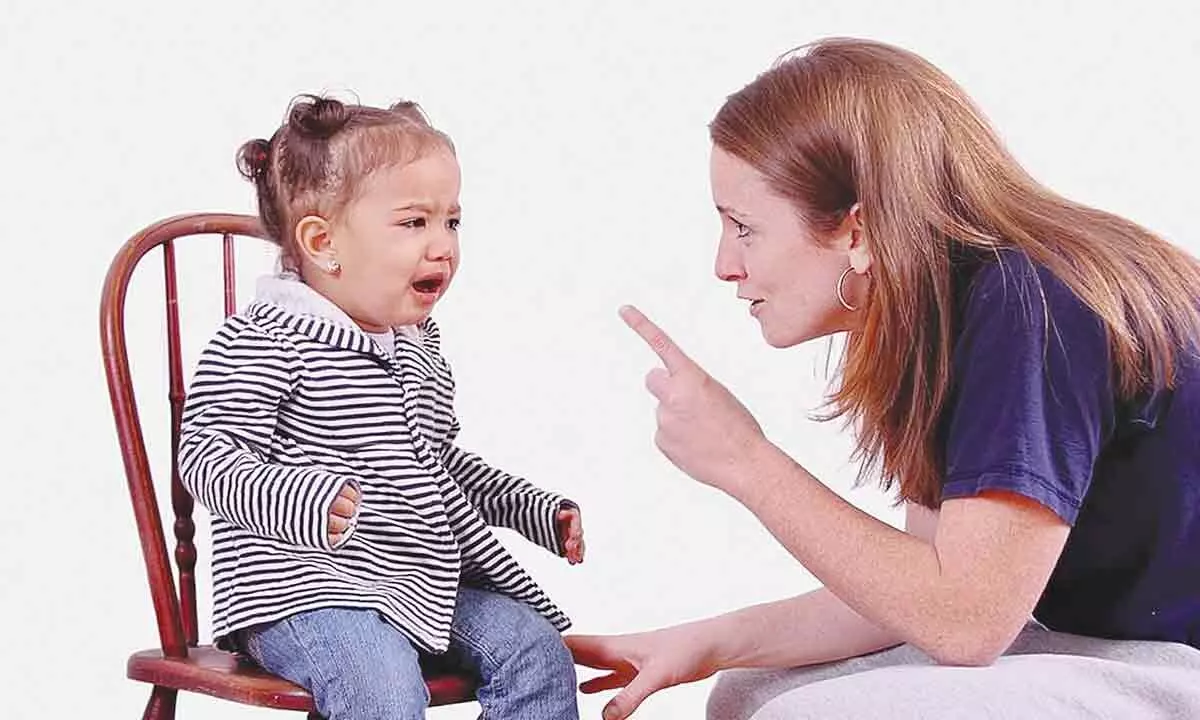Is your kid having a meltdown during your vacation?

Adults have meltdowns, don't they? If not frequently, how often? As a caregiver, have you ever analyzed how you deal with your own meltdown? During the meltdown, did you listen to anyone? How did you de-stress? What are your regulatory plans? Take a moment to reflect. Is your child experiencing a similar type of meltdown? Of course, the reason might be unique and minor (but for your child it's big enough).
Adults have meltdowns, don't they? If not frequently, how often? As a caregiver, have you ever analyzed how you deal with your own meltdown? During the meltdown, did you listen to anyone? How did you de-stress? What are your regulatory plans? Take a moment to reflect. Is your child experiencing a similar type of meltdown? Of course, the reason might be unique and minor (but for your child it's big enough).
These questions are just to make you realise that meltdowns are a way of communication.
Do the meltdowns occur when their basic needs are not met? like a child is exhausted, tired, hungry, thirsty?
Does it happen when the task is too challenging or not challenging resulting in boredom? For example a child who finds it very difficult to play a game, may have a meltdown after coming home because maybe it was too challenging.
A child may be feeling overwhelmed and not able to handle sensory inputs followed by a meltdown. Like too much noise or loud sounds may bother a child, or the child may be uncomfortable around too many people.
Shift in the caregiver's thought process
Rather than wondering why they are acting this way, consider what they are gaining from this. This can greatly assist to understand their behaviour, and the focus can shift from behaviour management to solution. When we start focusing on solutions rather than problems, we can support the child better.
Journaling is another important part in aiding you to come to a solution, keep a journal of their behaviour, how they settled, and any triggers, so you can better understand the child's communication process.
Being patient is essential
Once you understand the pattern of meltdowns, you will be better equipped to handle the child. It can be difficult to be patient when a meltdown occurs in public; wait it out if possible, and a tight hug or squeeze often does the trick because it gives the body a lot of deep pressure, and deep pressure is calming.
Put the ball in your child's court
After the meltdown has passed, communicate and talk to your child about it in a positive manner, and ask the child to suggest a few strategies to use in order to express displeasure in a more healthy manner. The procedure must be repeated calmly and without expecting a miracle. It could take some time.
Structured and unstructured time
Strike a balance between meaningful structured routine and unstructured free time to keep them engaged and entertained.
Introduce calming techniques
When the child's breathing slows and the child begins to cry in a softer tone, this is the time to step in and offer assistance without engaging in too many conversations. Now you can gradually introduce the child ro his or her favourite calming items. It could be a weighted blanket, a stuffed animal, water, or food. It is critical to be patient and to move slowly. Whatever you do, keep in mind that a calm and cool head can help the brain develop more meaningful connections.









